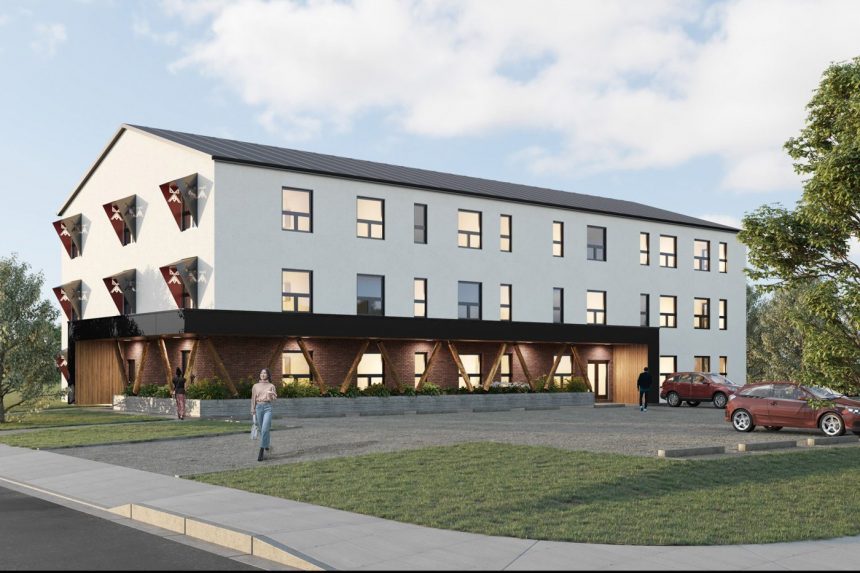March 12, 2023 · Posted by Erika Shea
Our Project
New Dawn and the Ally Centre have proposed a 24-unit safe, affordable, staffed supporting housing project for a diverse array of Ally Centre Clients - those most at risk of homelessness in the CBRM. Read more about the proposal here.

